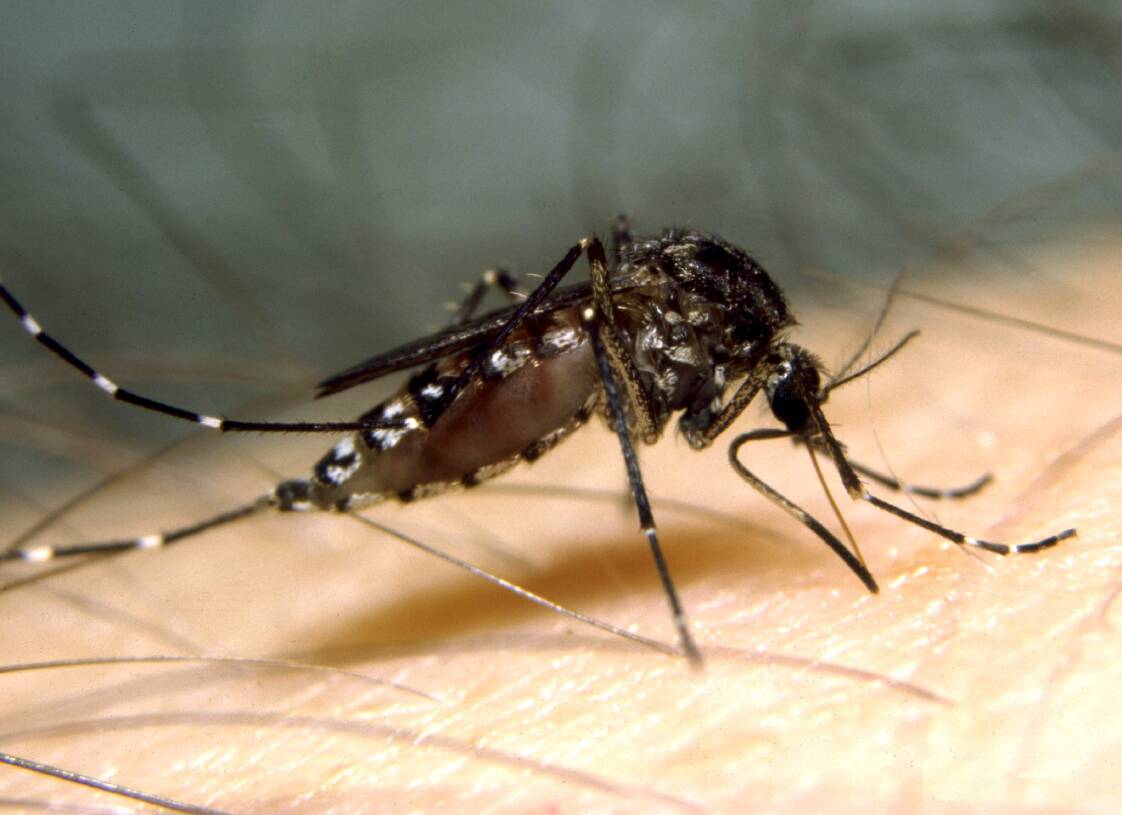
Ross River virus cases in Hunter New England this month have triggered a public health warning for people to protect themselves from mosquito bites.
The warning coincided with a forecast of rain for three days in the Hunter, which increases the mosquito threat.
"In the last three weeks, we've had 10 confirmed Ross River virus cases in Hunter New England," Dr David Durrheim said.
This included two Ross River cases in the Greater Newcastle area.
There was also one Barmah Forest virus case in the Greater Newcastle area.
"Clearly there is virus around and the mozzies are burgeoning," Dr Durrheim said.
"This is perfect weather for them to survive long enough to get infected and infect people."
Dr Durrheim, a public health physician, said Ross River fever was "a horrible viral infection".
"People often trivialise it, but the fatigue and particularly the joint pain can persist for weeks and in some cases months.
"Some people can't get out of bed."
He said there was no vaccine for the Ross River or Barmah Forest viruses.
"Symptoms following infection can include painful swollen joints, skin rashes, fever, fatigue, headaches and swollen lymph nodes."
Dr Durrheim said the best way to avoid infection was "to avoid being bitten by mosquitoes altogether".
"It's definitely worth taking the simple avoidance measures."

Coal Point's Peter Robson told the Newcastle Herald in April that he had been through "hellish pain" after contracting Ross River fever from a mosquito bite.
In some parts of the state, mosquitoes can carry infections that cause severe disease such as Japanese encephalitis, Kunjin and Murray Valley encephalitis.
No cases of Japanese encephalitis were recorded in NSW this year, but 14 cases occurred last year. Two deaths occurred in 2021/22.
"Two years ago we had Japanese encephalitis, largely in the Murray River basin," Dr Durrheim said.
"There were a few cases in the New England area."
He said it was unlikely that Japanese encephalitis would "pose a threat in the current season".
Residents in the Upper Hunter local government area can receive a free Japanese encephalitis vaccine, after the area was last month designated a risk for the disease.
Ways to avoid mosquito bites include:
- Cover up as much as possible with light-coloured, loose-fitting clothing and covered footwear when outside.
- Use an effective insect repellent on exposed skin and reapply within a few hours [the best mosquito repellents contain diethyl toluamide (DEET), picaridin, or oil of lemon eucalyptus].
- Use insecticide sprays, vapour dispensing units (indoors) and mosquito coils (outdoors) to clear rooms or repel mosquitoes from an area.
- Cover all windows, doors, vents and other entrances with insect screens.
- Remove any water-holding containers outside the house where mosquitoes could breed.







